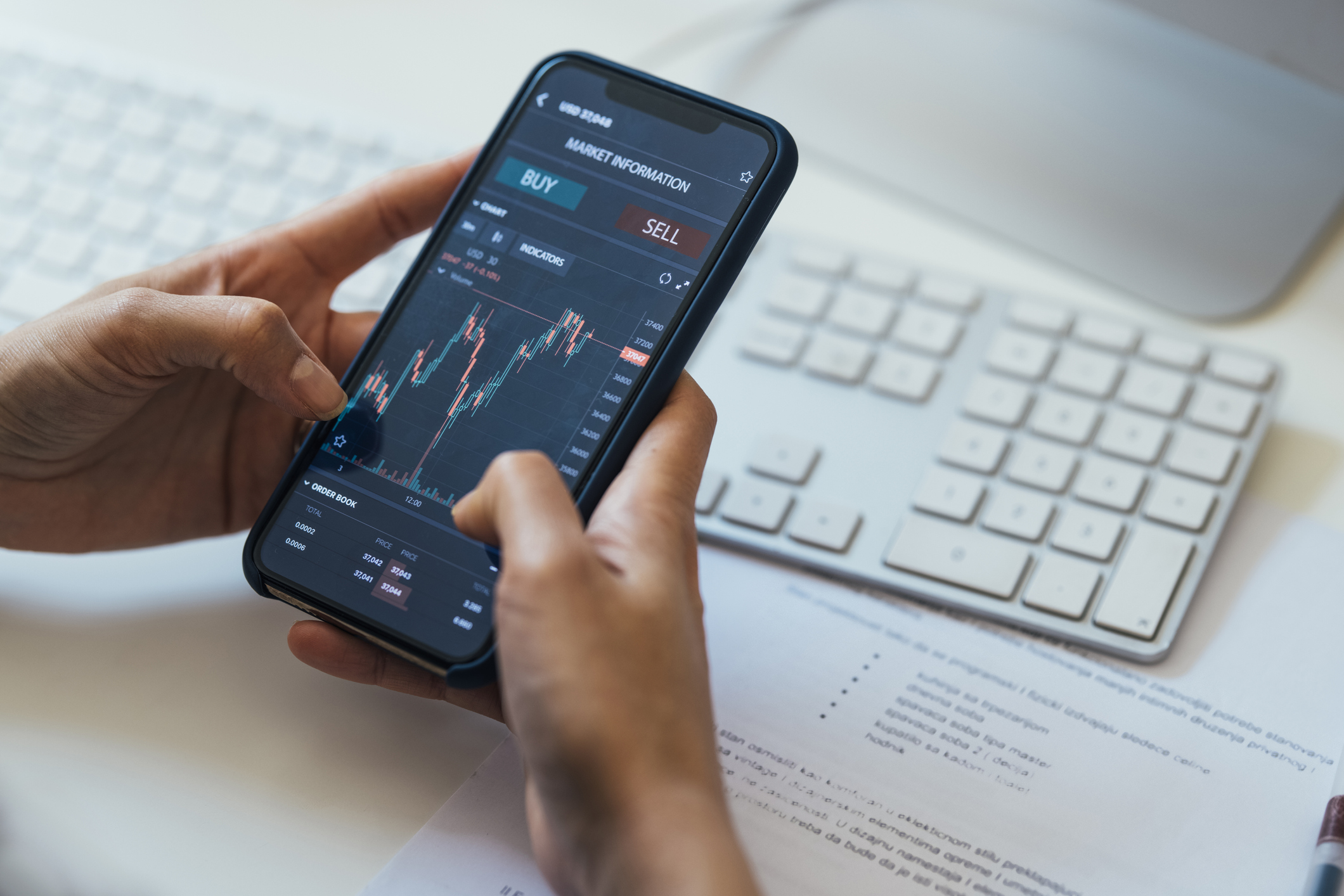
For three decades, investors have fixated on the next supposed revolution. Rarely do two trends command attention simultaneously. Today, artificial intelligence dominates headlines, while stock splits in prominent firms stir secondary frenzy. This duality reveals more about investor psychology than economic substance.
A stock split alters nothing of real value. It adjusts share price and quantity proportionally, leaving market capitalization unchanged. Yet investors treat these cosmetic shifts as meaningful. Reverse splits, which inflate prices to avoid delisting, are rightly distrusted. Forward splits, reducing per-share cost to attract retail buyers, are celebrated-even when they signify nothing beyond arithmetic.
In 2025, three firms executed forward splits. One, having risen 300% over three years, now joins the S&P 500. This index, a roster of 500 large, profitable firms, rotates members as companies falter or disappear. Walgreens’ pending acquisition by private equity creates an opening. Interactive Brokers (NASDAQ:IBKR), a brokerage long avoiding splits, fills it after a 4-for-1 adjustment in June.
Automation fuels Interactive Brokers’ ascent
Interactive Brokers thrives by designing systems that outpace competitors. Its platform, engineered for efficiency, offers retail investors lower margin rates and higher cash yields. These advantages stem not from generosity but from disciplined investment in automation. Operating costs shrink as algorithms replace manual processes. Competitors cannot match these terms without eroding margins.
Market indices like the S&P 500 reward scale and stability. Interactive Brokers meets both criteria: $22.7 billion market cap, ample liquidity, and consistent profitability. Index funds will now buy its shares, not for innovation but for adherence to bureaucratic thresholds. This mechanical inflow underscores the index’s limitations as a measure of quality.

Bull markets endure; bear markets retreat
Since 1929, S&P 500 bear markets have averaged 286 days. Bulls persist over three times longer, at 1,011 days. Interactive Brokers benefits from this imbalance. Trading activity surges during prolonged growth, and its low-cost model attracts volume. Daily trades rose 49% year-over-year, evidence of platform stickiness.
Customer accounts grew 32% to 3.87 million. Equity under management reached $665 billion. These metrics validate the firm’s strategy: invest in systems that reduce costs, then undercut rivals. The nearly 300% stock gain reflects this formula, though short-term volatility remains inevitable. Long-term value accrues to those who build, not those who speculate.
Markets celebrate splits and indices chase metrics, but wealth is forged through relentless efficiency. Interactive Brokers understands this. Its inclusion in the S&P 500 is not an endpoint but a checkpoint in a race won by those who optimize relentlessly 📈.
Read More
- Gold Rate Forecast
- 2025 Crypto Wallets: Secure, Smart, and Surprisingly Simple!
- HSR 3.7 story ending explained: What happened to the Chrysos Heirs?
- The 10 Most Beautiful Women in the World for 2026, According to the Golden Ratio
- ETH PREDICTION. ETH cryptocurrency
- Here Are the Best TV Shows to Stream this Weekend on Paramount+, Including ‘48 Hours’
- ‘Zootopia+’ Tops Disney+’s Top 10 Most-Watched Shows List of the Week
- ‘Zootopia 2’ Wins Over Critics with Strong Reviews and High Rotten Tomatoes Score
- Games That Faced Bans in Countries Over Political Themes
- The Labyrinth of Leveraged ETFs: A Direxion Dilemma
2025-08-28 11:39